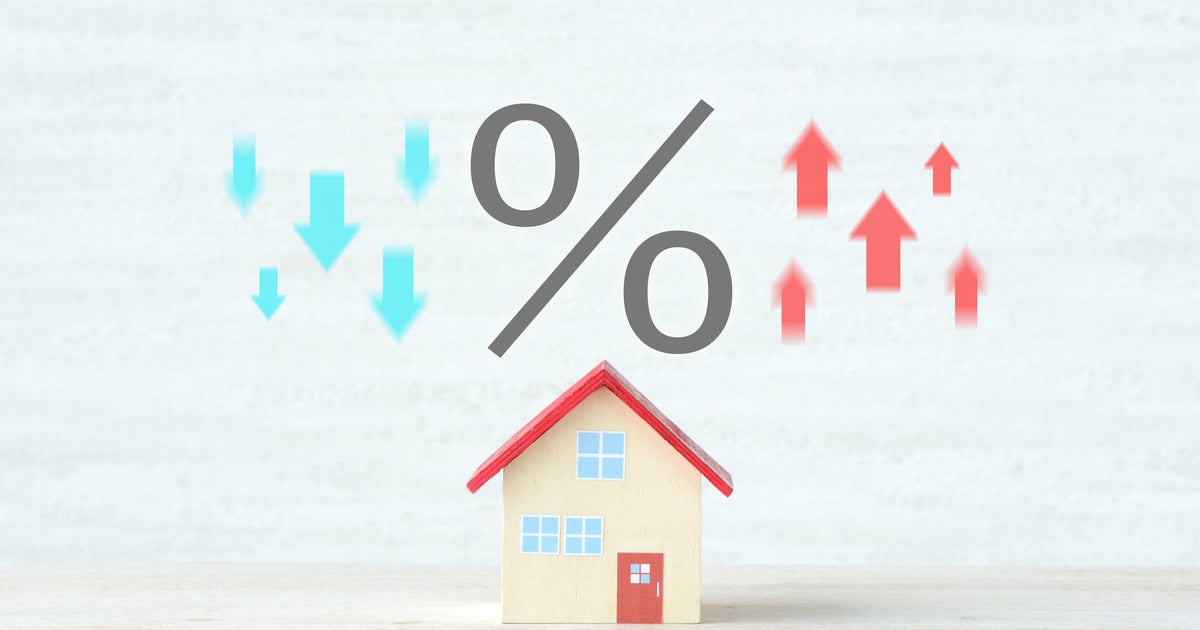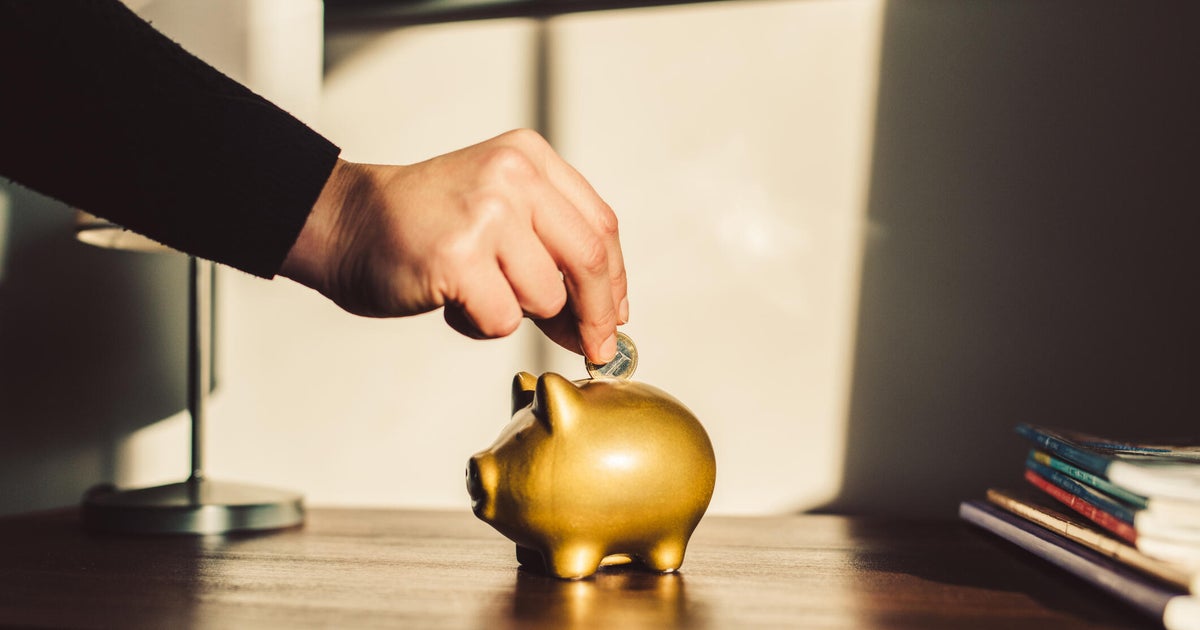Inflation eased to 5% in March, its lowest level in almost 2 years
Inflation eased to 5% in March, its lowest level in almost two years, yet some underlying prices remain stubbornly high.
The Consumer Price Index increased at an annual rate of 5% in March, down from 6% in February, the Labor Department said Wednesday. That was better than economists' expectations that inflation had risen 5.2% last month, according to FactSet.
It also represents the smallest 12-month increase since May 2021, the Labor Department said.
"We can safely say that we are past peak inflation, but it is too early to call victory against inflation," Gargi Chaudhuri, Blackrock's head of iShares investment strategy for the Americas, said in a note. "While we believe inflation will continue to remain stubbornly high for the rest of 2023, we expect it to moderate by the end of the year and still remain above the Fed's 2% target."
Core inflation, which excludes volatile food and fuel prices, ticked up to 5.6% in February. That figure, which some view as a better indicator of underlying price pressures, has changed little since December. Transportation, electricity, food and shelter were the biggest contributors to last month's price increases.
"Inflation was down significantly in March, but we are still not down to the magic number the Fed is looking for," said Bright MLS chief economist Lisa Sturtevant in an emailed report. "Housing costs are still a key driver of inflation, accounting for the largest part of the monthly increase in the CPI."
The Federal Reserve has raised interest rates at the most aggressive pace in decades as it tries to slow the economy and tamp down inflation.



